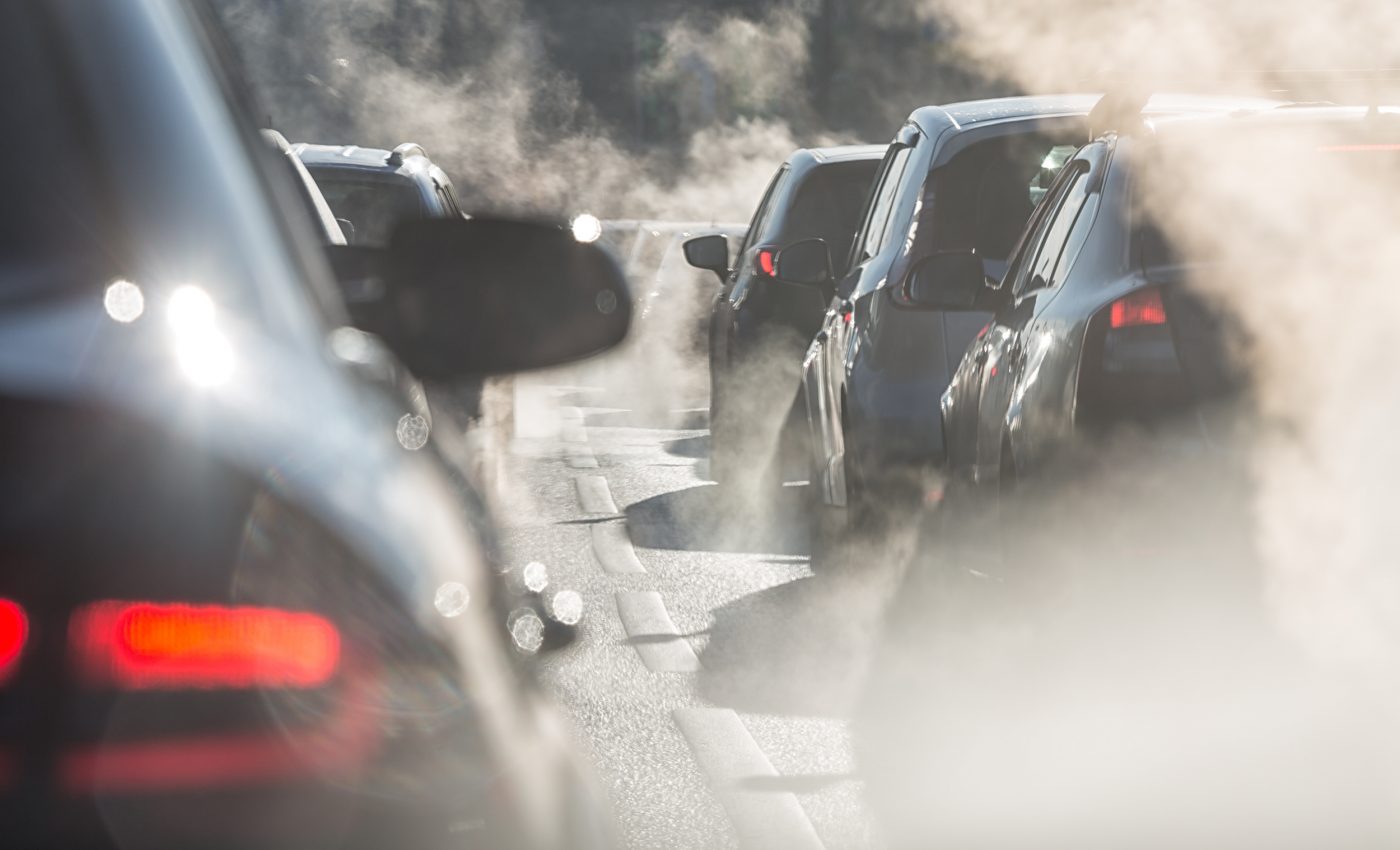
Traffic fumes linked to breast cancer, new study shows
Women who work at border crossings and in toll booths are at a higher risk of developing breast cancer, according to a new study.
The research focused on two groups of women working near a busy US-Canadian border crossing who all developed breast cancer within the same short amount of time.
According to the Daily Mail which reported on the study, six women who worked at the same bridge near the Ontario-Detroit border were all diagnosed with breast cancer within three years of each other.
Four miles away, another group of seven women also developed breast cancer, receiving similarly close diagnoses in relation to one another.
The study was conducted by researchers from the University of Stirling in Scotland and published in the journal New Solutions. The results show that exposure to traffic pollution sharply increases the risk of breast cancer.
“These outbreaks of breast cancer represent a new occupational disease,” Michael Gilbertson, a lead researcher for the study, told the Daily Mail.
There is only a 1 in 10,000 chance that the timing of the cases of breast cancer between the two groups of women was a coincidence, according to the study.
The researchers calculated that the location of the jobs increased the risk of breast cancer by 16.
One of the women had worked on the Ambassador Bridge, a major hub between Michigan and Ontario for 20 years, and the researchers calculated that throughout that time she was exposed to traffic fumes from 46.8 million vehicles.
A little under 30,000 cars and trucks cross the Ambassador Bridge every day, and previous studies have found that pollution and traffic fumes can increase the risk of cardiovascular and respiratory disease as well as some cancers.
This study provides a strong correlation between breast cancer and traffic fumes which the researchers say inhibits the BRCA1 and BRCA2 genes, which are known for preventing breast cancer, from stopping tumor growth.
“We now have plausible mechanisms for inferring how the BRCA1/2 tumour suppressors in this highly-exposed border guard became dysfunctional and likely contributed to the ongoing epidemic of sporadic, early onset, premenopausal breast cancer among her colleagues,” Gilbertson told the Daily Mail.
—
By Kay Vandette, Earth.com Staff Writer













